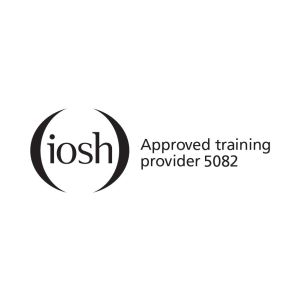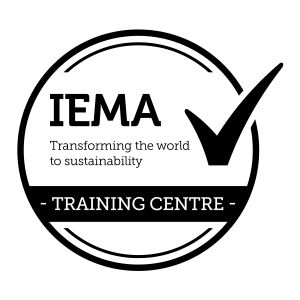
Introduction
With increasing complexity and demands of organisational processes there is a pressing need to ensure operational efficiency never drops. When it does, or where faults occur, it is critical that staff are equipped with the skills to investigate, determine cause(s) of the error and point to a solution. This investigation must be robust and always conducted in a time sensitive environment.
Root Cause Analysis is an investigation process within the field of ISO Standards Management Systems such as ISO 9001 (Quality), ISO 14001 (Environmental) and ISO 45001 (Health & Safety) for example.
This course will equip delegates with the knowledge, practical methods and skills to use RCA effectively in a variety of fault-finding applications.
Duration
1 Day, 09.00 – 17.00Who should attend?
Routed in industry, RCA techniques are now commonplace in both product and service environments. Those with a responsibility in process efficiency at any level will benefit from understanding a range of proven methodologies used to conduct a robust root cause investigations and analyses to drive change and improve performance.
Course content
This course covers a range of RCA techniques and skills and uses a complex Case Study featuring an organisation which has established an Integrated Management System. The Case Study facilitates your Root Cause investigations to be conducted with a Quality, Environmental or Health & Safety focus as your investigation and learning brief demands.
The course will cover;
RCA Process
- What is Root Cause Analysis (RCA)?
- What are the steps involved in an RCA process?
- What methodologies are used within RCA?
- What are various types of causes?
- What are best practice guidelines when performing an RCA?
- What are pitfalls of RCA that you need to be aware of?
5 Whys
- What is the 5 Whys technique?
- What is the 5Ws1H technique?
- How can you use these for RCA?
Questioning Skills
- How can you use a structured approach to make sure you ask the right questions?
- How to use this structured approach to make sure you ask a diverse set of questions about all potentially involved areas and processes?
Evaluating Impact of Change and Decisions
- How to look forward to evaluate the impact of a change or a new decision on the current state?
- How to use this forward-looking approach systematically and correctly to get meaningful results?
Cause and Effect Diagrams
- What is a cause-and-effect diagram?
- What is a fishbone diagram?
- How can you use this technique to search for root causes?
Appreciation Technique
- What is appreciation technique?
- Often referred to as the “So What” approach used to consider the consequence of an upcoming change?
Pareto Analysis
- What is Pareto principle?
- How can you use the Pareto Principle to prioritise your RCA approach systematically to avoid misdirecting resources and wasting time and money focusing on the wrong issues?
Impact Analysis
- What is impact analysis?
- How can you use a powerful matrix to evaluate and focus on high-risk areas first?
- What are the 5 steps involved in an impact analysis?
What are the benefits
Confident in Root Cause Analysis, those trained will be equipped to plan an investigation, prioritise time, question effectively, understand the relationship between cause and effect and apply risk-based thinking to identify suitable solutions.
In-House Courses
Offering better value for money, they can be designed to closely match your specific requirements.Style of Delivery and Course Leaders
Our course tutors are approved training providers, approved by BRCGS, CQI and IRCA, IEMA and Highfields Qualifications. They are qualified and experienced with extensive practical knowledge across a wide range of industrial, technical, product and service and commercial sectors.Certification
All delegates will be awarded a certificate verifying attendance and satisfactory completion of the course.Root Cause Analysis
Make Enquiry
You have selected:
Course: Root Cause AnalysisNumber of Candidates: 1Dates and Venues
- 26th June 2025 - Virtual
- 24th November 2025 - Virtual







